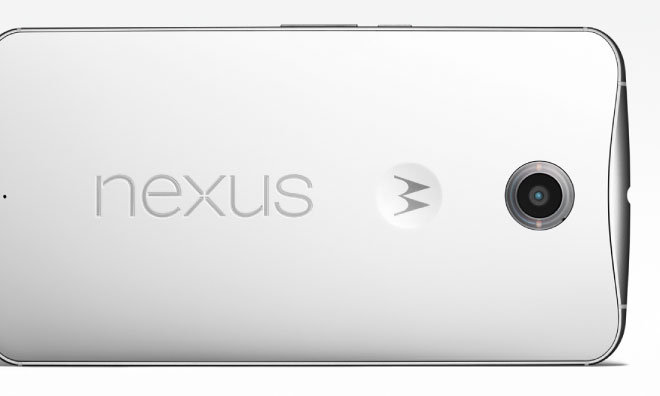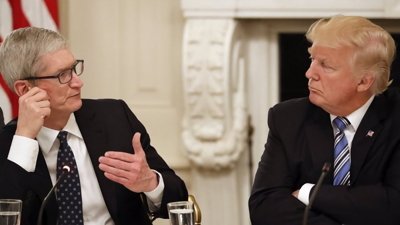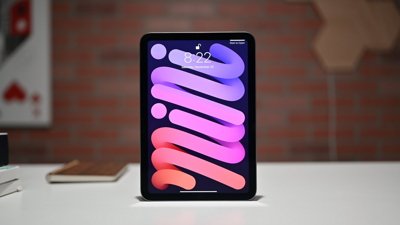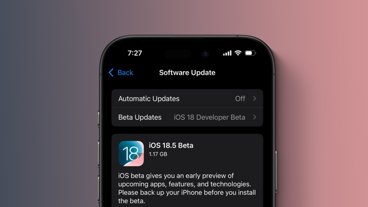The next version of Google's Android mobile operating system will reportedly bring system-wide support for fingerprint authentication, paving the way for more Android devices to adopt Touch ID-style biometrics.
Google's fingerprint solution will allow users to both unlock their phone and replace passwords in supported applications, according to BuzzFeed News. Support could be announced as early as next week, when Google convenes its annual developers conference, though there is still no confirmation that "Android M" will be on the docket.
Android OEMs that already offer fingerprint sensors in their devices — Â such as Samsung and China's Huawei — Â have been forced to roll their own biometric authentication systems. Adding it to the Android core would ease the burden on smaller manufacturers, and could also help to drive adoption by allowing developers to quickly integrate with fingerprint sensors.
On iOS, developers quickly added Touch ID as an authentication option after Apple opened the system up to third parties. Some in the iOS development community have observed that apps which feature Touch ID support sell better than comparable offerings without it, suggesting that consumers have warmed to the functionality.
Earlier this year, former Motorola chief Dennis Woodside revealed that Google's Nexus 6 was originally designed with fingerprint authentication in mind, but the feature was scrapped after Apple bought sensor supplier AuthenTec.
"The secret behind that is that it was supposed to be fingerprint recognition, and Apple bought the best supplier," Woodside said, referring to a dimple on the handset's rear that now contains the Motorola logo. "So the second best supplier was the only one available to everyone else in the industry and they weren't there yet."
 AppleInsider Staff
AppleInsider Staff








 Christine McKee
Christine McKee
 Amber Neely
Amber Neely
 Andrew Orr
Andrew Orr

 Sponsored Content
Sponsored Content

 William Gallagher
William Gallagher








64 Comments
seems like google is saying I rather you use this working fingerprint software than some half-baked software. (samsung)
Welcome to 2013, Google. Oh, and what about Android face detection? Btw, I just saw my friend unlocking his Galaxy S5 last month and boy... I only saw it one time and I immediately knew his password from the way he dragged his finger across the screen (it couldn't be dragged too fast and the shape was more outstanding than the digit)
Hmmm.
Google publishes the source code for Android so OEMs can take it and get it working on their devices.
I wonder how many people are going to start looking at the source for fingerprint scanning to look for ways to capture users prints? Unless Google puts this in Google Play Services (which means OEMs using AOSP won't get this feature).
[quote name="matrix07" url="/t/186391/google-adding-fingerprint-support-to-android-m-report#post_2726236"]Welcome to 2013, Google. Oh, and what about Android face detection? Btw, I just saw my friend unlocking his Galaxy S5 last month and boy... I only saw it one time and I immediately knew his password from the way he dragged his finger across the screen (it couldn't be dragged too fast and the shape was more outstanding than the digit)[/quote] It can be set it so that the shape is never visible.
Sure, Google can finally add OS support. That doesn't mean each HARDWARE company will be on board, and it doesn't mean each developer's APP will be on board. Why support TouchID in an iOS app? Because a vast number of users--converging on 100%--have it. Can't say the same for Android. Hardware and software glommed together from multiple different parties is not a problem with a solution. Meanwhile, I just read about erased Android devices--even newer ones with encryption--allowing future owners to retrieve the data: GMail access, photos, you name it: http://www.bbc.com/news/technology-32844310 A problem Google knew about years ago, tried to fix and failed... not that it matters, because most Android users never see the newer versions of the OS. Their hardware is abandoned by the handset maker before they've even paid off their 2 year contract.